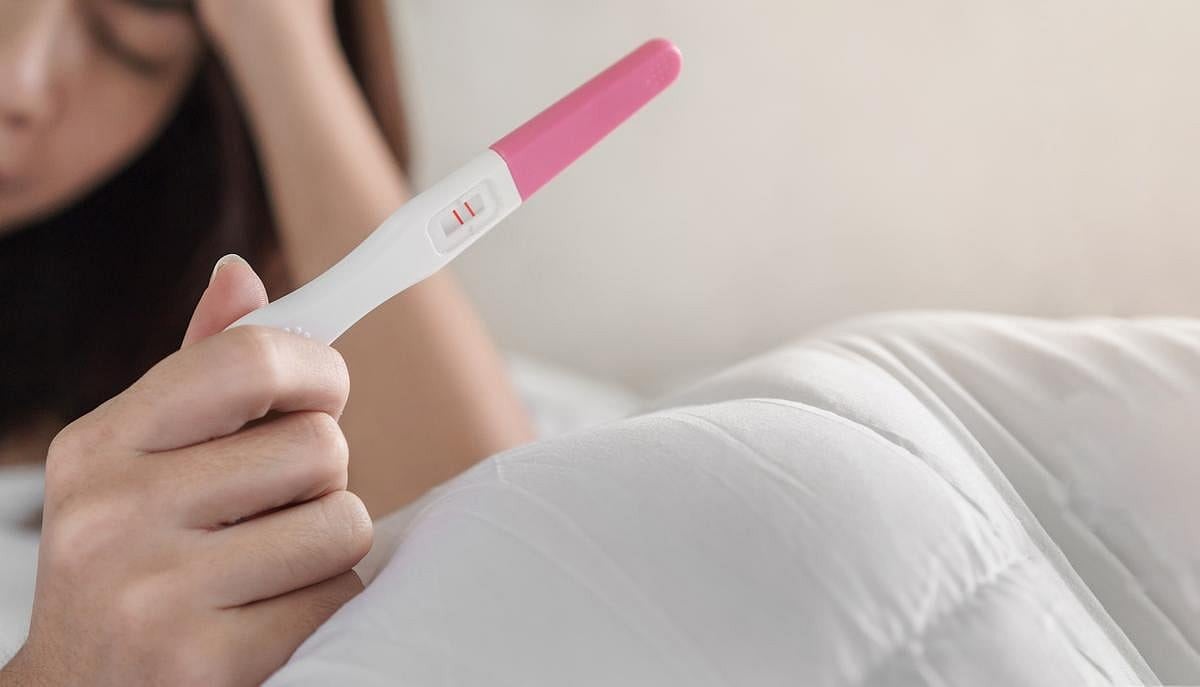Get Healthy!

- Dennis Thompson
- Posted September 5, 2024
States With Strictest Abortion Laws Offer Least Family Support: Study
States with the most severe abortion restrictions are the least likely to offer support to struggling families, a new study has found.
Anti-abortion states tend to have assistance programs that exclude many families on the fringes, because participants are required to be poorer to qualify, researchers found.
These states also are less likely to have family-friendly policies like paid family leave.
“Proponents of abortion restrictions, who identify as ‘pro-life,’ assert that these policies are essential to protect children, women and families,” said senior researcher Dr. Lynn Yee, an associate professor of obstetrics and gynecology at Northwestern University School of Medicine in Chicago.
“It would seem in these states that the abortion opponent, ‘pro-life’ attitude not only begins at conception but ends there as well,” Yee added in a Northwestern news release.
For the study, researchers categorized states based on the level of abortion restrictions initiated after the U.S. Supreme Court overturned Roe v. Wade in 2022.
The team identified 21 states that are most restrictive. Of those states, 14 have complete abortion bans with very limited exceptions and seven ban abortion after 6 to 18 weeks’ gestation.
They then looked at policies designed to help struggling families who might otherwise choose to abort a pregnancy due to their financial situation.
They found that states with the strictest abortion policies had lower enrollment in programs like Women, Infants and Children nutrition assistance or Temporary Assistance for Needy Families, because women and families must be more destitute to qualify for aid.
Additionally, none of the states with the most restrictive abortion bans have a mandatory paid family leave policy, as well as fewer other policies intended to help families in challenging circumstances.
“We found that in the states that most severely restrict abortion, the women, children and families that abortion proponents seek to ‘protect’ are the populations that are left behind -- with less access to health care and family social services -- when pregnancy is continued,” said lead researcher Dr. Nigel Madden, a doctor at Beth Israel Deaconess Medical Center in Boston.
States with abortion bans were also less likely to have policies that would aid in family planning and avoiding unwanted pregnancies, researchers said.
For example, 43% had policies in place that allow pharmacists to prescribe birth control, compared with 82% of states with the least abortion restrictions.
The new study was published Sept. 4 in the American Journal of Public Health.
“The degree to which these states fail to support their most disadvantaged populations warrants immediate attention and action,” said researcher Katie Watson, a professor of medical education, medical social sciences and obstetrics and gynecology at Northwestern University.
“Advocates should take this opportunity to leverage the child protection arguments of anti-abortion policymakers and encourage them to put their money where their mouth is by advocating for the implementation and improvement of policies that support individual and family well-being,” Watson added.
More information
KFF has more about state abortion bans.
SOURCE: Northwestern University, news release, Sept. 4, 2024

